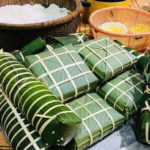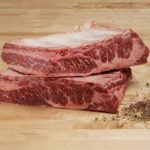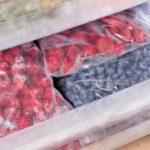There are many habits that can negatively impact your food, and you may not even be aware of them. Here are three common habits, especially among women, that can affect the safety and quality of your food.
1 Storing or cutting raw food with plastic utensils
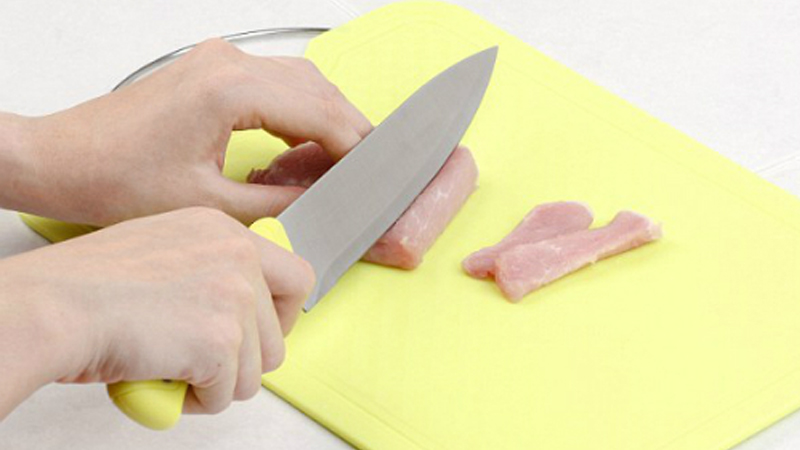 Cutting raw food with plastic utensils
Cutting raw food with plastic utensils
It is not recommended to store or cut raw meat with plastic utensils. This is because plastic utensils can be more difficult to clean thoroughly, and bacteria may remain even after washing.
It is also advisable to have two separate cutting boards in your kitchen: one for raw food and the other for cooked food. This simple practice can significantly improve the hygiene and safety of your food preparation.
Tip:
Consider using a stainless steel cutting board for raw foods instead of plastic or wooden ones.
2 Washing vegetables in the sink
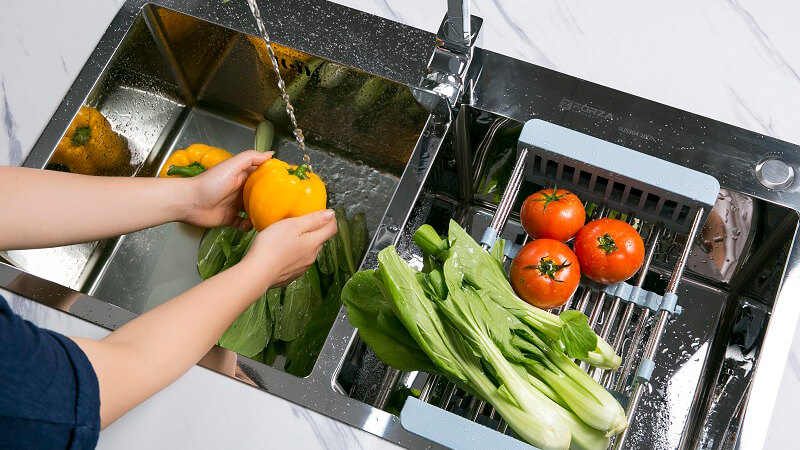 Washing vegetables in the sink
Washing vegetables in the sink
Many people have the habit of washing vegetables directly in the sink. However, oil residue on the sink’s surface can stick to the vegetables, affecting their quality.
Therefore, it is best to use a separate container to wash your produce. This simple practice can ensure that your vegetables remain clean and free from any unwanted substances.
Tip: To effectively clean your vegetables, you can create a mixture of water and vinegar in a ratio of 1:3.
3 Leaving spice jars uncovered after use
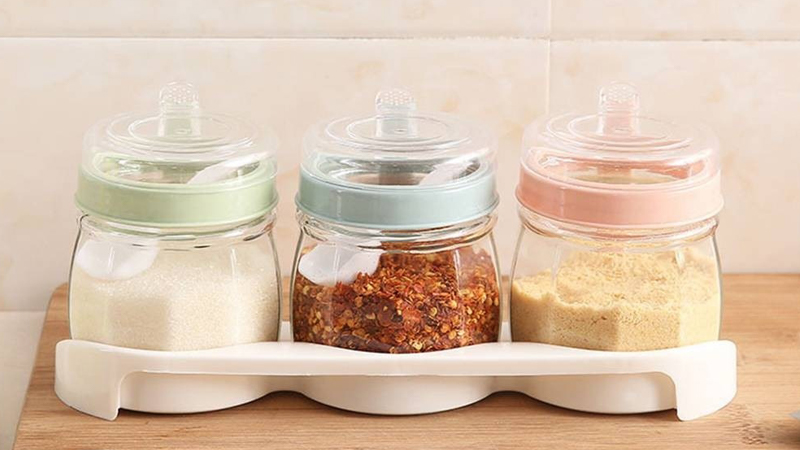 Keep spice jars covered
Keep spice jars covered
Properly storing and protecting your spices can extend their shelf life. However, leaving spice jars uncovered can have the opposite effect.
If you do not cover your spice jars, the spices may absorb moisture from the air, leading to clumping and mold growth. This creates an ideal environment for bacterial growth.
Spice storage tip: Always remember to tightly secure the lids on your spice jars and store them in a cool, dry place to maintain their quality and longevity.
These are the three common habits that can negatively impact the quality of your food. Be sure to break these habits and stay tuned for more helpful tips and information.
8 Common Mistakes People Make with Cutting Boards
Are you using your cutting board correctly? Many Vietnamese households rely on cutting boards in their kitchen, but not everyone knows how to use them properly, especially when it comes to wooden cutting boards. Check out these 8 mistakes to avoid when using a cutting board to ensure both hygiene and safety for everyone in your family.
Is Refrigerated Leftovers Linked to an Increased Risk of Cancer?
Dr. Lam Van Man, Head of Research, Development and Technology Transfer Department of the Institute of Safety Food, has warned of the risk of food poisoning when reheating leftovers from the refrigerator. But what should we be aware of when it comes to the possibility of these leftovers causing cancer? Here, we explore what the experts have to say on the matter and offer some tips for safe eating.
Preserving Leftover Food from the Tet Holiday
With the beginning of the Lunar New Year, many households are stocking up on food to celebrate the festive occasion. While keeping food in the refrigerator is convenient, it can also be harmful to users if not done correctly. We have compiled a few tips to help ensure food remains fresh and safe to consume during Tet.




























